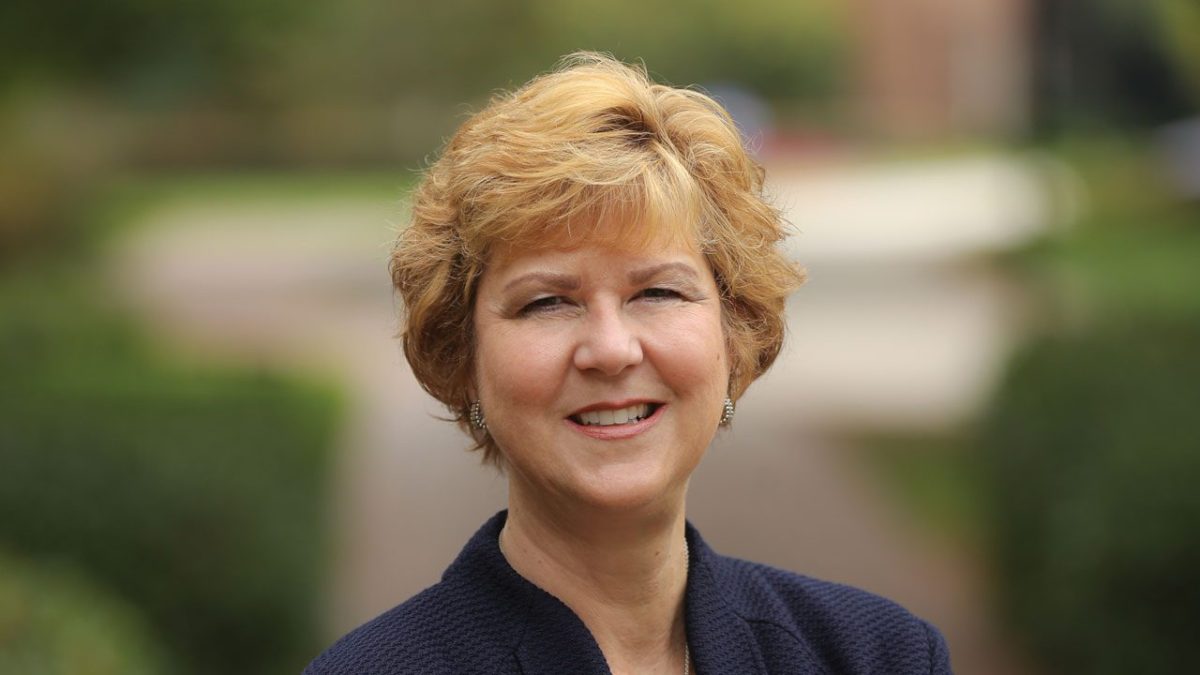
“I have 7:30 am Wellness Concepts,” sophomore Scotlyn Patterson bemoans as she spots her advisor at the other end of Plyer Hall.
Although Patterson, a Montgomery, Ala. native, is not thrilled with the time of her wellness concepts course, receiving her course schedule for spring 2016 does mean one good thing: the end of the initial course election (ICE) process. For students across Furman’s campus, course registration can be one of the busiest and most stressful times of the year.
Furman students, luckily, have access to faculty and staff advisors to help make this process more manageable, as advisors guide them through the process of selecting courses to ensure that they have completed both general education requirements and major requirements. However, an unsettling trend has emerged throughout the academic departments this year: the relationships between students and advisors appear to be faltering. Students are getting permission to select their courses without meeting with their advisors.
And it has Dr. Brad Harmon, assistant academic dean for advising, very worried.
“It does trouble me that there are people reporting that they are getting cleared for registration without sitting down with an advisor,” he said. “I’ve heard that through the grapevine, and I’ve tried to mine that out where it exists a little bit to see kind of what happened.”
The biggest problem for both Harmon and faculty is not that students are choosing courses without any input from their advisors, but that these students and advisors are foregoing the ability to form meaningful relationships.
“Ideally, advising is meant to be a mentoring-based relationship where you have conversations about course schedules, but also things that go beyond that,” Harmon said. “There’s a good difference between sitting down for course registration, which is almost formal advising, and informal advising. I think Furman is one of those places that really focuses on the value of informal advising—I think that’s what we pride ourselves on as an institution.”
This emphasis on informal advising and mentoring certainly requires an extensive amount of outside time, something to which both Harmon and health sciences professor and advisor Tim Patrick can attest. Patrick just accepted another advisee, bringing his total to 33 this year. Unfortunately, Patrick is not an anomaly.
“As an example, our business faculty each have about 46 advisees,” Harmon said. “To be frankly honest, on a national scale, it isn’t that bad. There are institutions out there where people have 200 advisees. But for Furman, 46:1 is a pretty big ratio. The average should be 15 or 16.”
Too many advisees, in addition to the demands of the courses, research and committees that already concern the faculty and staff, Harmon speculates that some of the advisors could be struggling with the pressures to meet with every advisee. To those advisors, Harmon suggests getting a jump on the advising process earlier in the year.
“There’s no reason that people can’t advise sooner than they do,” Harmon said. “This is for both faculty and students. So there’s no reason that a freshman can’t go and get advising before their window opens. It’s planning and thinking ahead.”
But Harmon also points out that students have a responsibility to seek out help from their advisors. Advisors like Patrick often have tried-and-true systems for advising that make it easy for students to access them.
“About a week before ICE opened up for each class, I sent them an email to invite them to come meet with me. I take the seniors first, then the juniors,” Patrick said. “If they haven’t responded to me in a few days, I’ll email them again and again.”
Unfortunately, Harmon has found that not all advisors are like Patrick. He has seen that there are still some gaps in the advising system, whether it is due to individual advisors, a lack of information or a lack of communication. One of Harmon’s priorities this past year has been to start a conversation between his department and the faculty and staff. Patrick has certainly noticed this.
“Someone came in here the other day and was asking us about the advising process and what we thought could be improved,” Patrick said. “So we all gave some really good suggestions, and I hope that those will be taken into consideration in the coming years.”
Harmon is confident that the advising process will continue to evolve with the suggestions from the faculty and staff, but now he is also looking to include input from the students.
“If there are things that go wrong, with the process or with a specific advisor, I welcome that to be shared with me,” he said. “I’ve had students who have already done that, and this semester I’ve met with both the SGA council and the Student Diversity Council about this very topic because I’m interested in having student input into the advising process. I’ve spent the year talking to faculty and staff to get their insights into what we can do better, but I really want to make sure that the student voice is heard as well.”
It seems that the administration is ready to listen and respond to make the advising process better for everyone involved. After all, to paraphrase health sciences department chair Bill Pierce, “advising is why the students are here, and advising is why the faculty are here.”



























